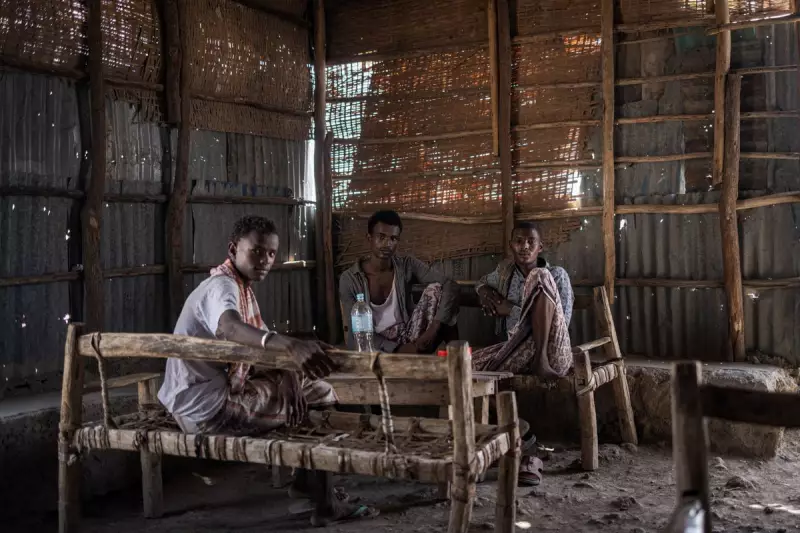
Former US President Donald Trump has ignited a firestorm of international condemnation after allegedly moving to block millions in crucial climate-related aid to Ethiopia, a nation teetering on the brink of a catastrophic famine.
The controversial decision, reported by The Independent, came to light during a high-level summit addressing the severe hunger crisis gripping the Horn of Africa. Trump's intervention is said to have halted a planned aid package destined for Ethiopia, where a devastating drought has left millions in dire need of assistance.
A Deepening Humanitarian Catastrophe
Ethiopia, alongside neighbouring Somalia and Kenya, is experiencing its worst drought in decades. Five consecutive failed rainy seasons have decimated crops and livestock, pushing communities to the edge of survival. The United Nations estimates that over 20 million people across the region face severe hunger, with the situation in Ethiopia being particularly critical.
Humanitarian organisations at the summit were reportedly stunned by the move, which threatens to sever a vital lifeline for vulnerable populations. The blocked funds were intended for emergency food, water, and medical supplies.
Global Leaders Condemn the Move
The decision has been met with swift and sharp criticism from diplomats and aid agencies. Many have labelled it short-sighted and politically motivated, arguing it prioritises geopolitical posturing over human lives.
"To withhold aid from starving people as a political tool is not only morally bankrupt but strategically foolish," one unnamed European diplomat was quoted as saying. The action risks further destabilising an already volatile region and damaging long-term US influence in Africa.
The Broader Implications for Climate Policy
Analysts suggest this event underscores a worrying trend of climate aid becoming entangled in broader geopolitical disputes. It also raises serious questions about the consistency and reliability of international support for nations most vulnerable to climate change, despite contributing the least to global carbon emissions.
The fallout from this decision continues to develop, with calls growing for the aid to be reinstated immediately to prevent a preventable human tragedy.





